Resources For EMS Professionals

The EMS Voluntary Notification Tool (E.V.E.N.T.) is a tool designed to improve the safety, quality and consistent delivery of Emergency Medical Services (EMS). It collects data submitted anonymously by EMS practitioners. The data collected will be used to develop policies, procedures and training programs to improve the safe delivery of EMS. A similar system used by airline pilots has led to important airline system improvements based upon pilot reported "near miss" situations and errors. Any individual who encounters or recognizes a situation in which an EMS safety event occurred, or could have occurred, is strongly encouraged to submit a report by completing the appropriate EMS Voluntary Notification Tool. The confidentiality and anonymity of this reporting tool is designed to encourage EMS practitioners to readily report EMS safety events without fear of repercussion.
File a confidential and anonymous report:
Safety Resources
In 2015, several national EMS and safety organizations came together to establish a mechanism through which the recommendations contained in the National EMS Culture of Safety Strategy could be implemented. These organizations established the National EMS Safety Council.
NHTSA Office of Defects Investigations collects complaints about ground ambulance vehicle and equipment defects to determine if a safety-related defect trend exists. If a defect is identified, ODI works with manufacturers and the industry to resolve the issue to help save lives.
Additional Safety Related Resource Links:
- Ground Ambulance Standards & EMS Safety
- Stop The Bleed
- National Traffic Incident Management (TIM) Responder Training - A Free FHWA Web-Based Course
- Toward Zero Deaths: National Strategy on Highway Safety
- SafeAmbulances.org
- National EMS Safety Council
Professional Associations
American Ambulance Association
American College of Emergency Physicians
American College of Osteopathic Emergency Physicians
Commission on the Accreditation of Ambulance Services
International Association of Fire Chiefs
International Association of Fire Fighters
International Rescue and Emergency Care Association
National Association of Emergency Medical Services Physicians
National Association of Emergency Medical Technicians
National Association of State EMS Officials
National Volunteer Fire Council
EMS System & Resource Documents
- National EMS Research Agenda
- EMS Education Agenda For the Future
- National EMS Scope of Practice Model
- Rural and Frontier EMS Agenda for the Future
- EMS Education Standards
- National EMS Core Content
- Strategies of High-Performing Paramedic Educational Programs
Gregg S. Margolis, et al. Prehospital Emergency Care Vol. 13 , Iss. 4,2009
National EMS Resources

NHTSA Office of EMS (EMS.gov)

Federal Interagency Committee on Emergency Medical Services
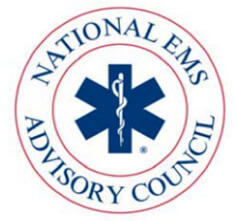
National EMS Advisory Council
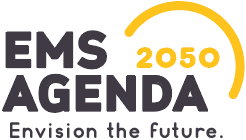
EMS Agenda 2050

National 911 Program (NHTSA OEMS)

NEMSIS - National EMS Information System

U.S. Fire Administration: EMS Programs or download the EMS Program Brochure

Maternal and Child Health Bureau

A National Trauma Care System: Integrating Military and Civilian Trauma Systems to Achieve Zero Preventable Deaths After Injury

EMS Fatigue: Evidenced Based Guidelines
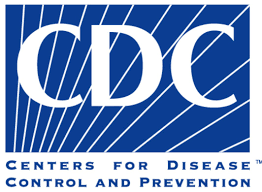
Guidelines for Field Triage of Injured Patients: Recommendations of the National Expert Panel on Field Triage

Strategic Highway Safety Plan (SHSP) and EMS. "Saving Lives Together: The Highway Safety & EMS Connection"
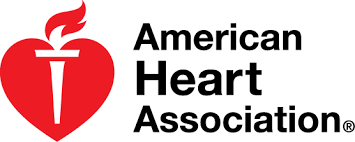
American Heart Association

American Red Cross

Department of Homeland Security: Blue Campaign. End Human Trafficking
Education Resources
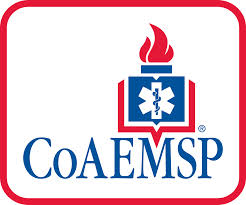
Committee on Accreditation for EMS Professionals
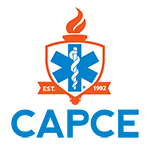
Commission on Accreditation for Pre-Hospital Continuing Education (CAPCE)
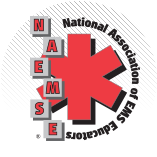
National Association of Emergency Medical Services Educators
Disaster Response Resources
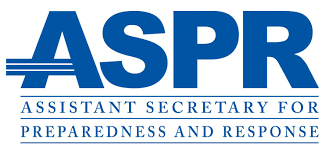
Assistant Secretary for Preparedness and Response
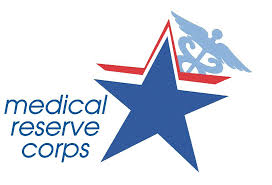
Medical Reserve Corps
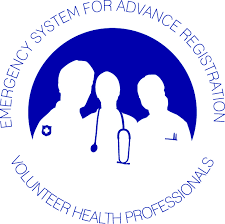
Emergency System for Advance Registration of Volunteer Health Professionals (ESAR-VHP)

